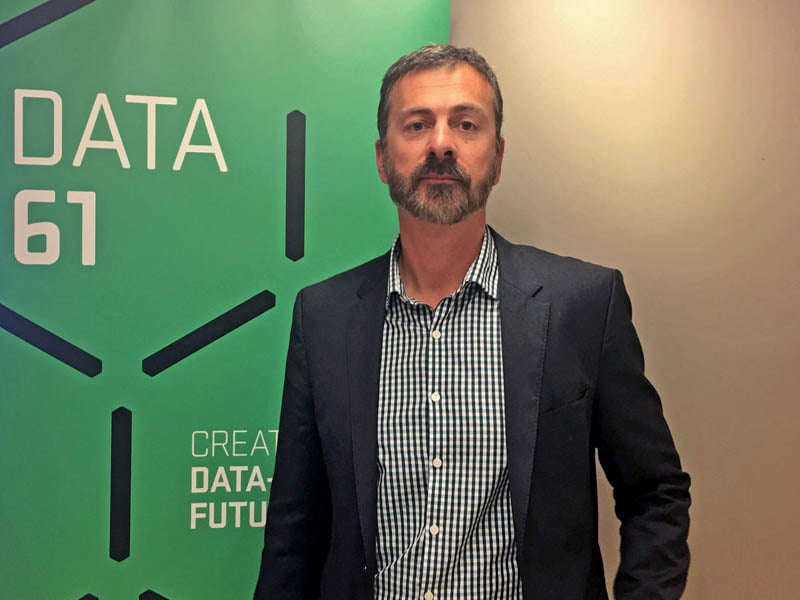Australian business is taking too long to transform, placing the nation’s economy in a “precarious position” according to Adrian Turner, the chief executive office at Data 61, the nation’s peak ICT research and development body.
Speaking at the Open Opportunity 2016 forum in Sydney, Mr Turner said that Australia relied on just 12 companies for 30 per cent of its tax receipts and each one of those companies operated in a sector that was under pressure.
Meanwhile 33 per cent of personal income tax receipts came from 2 per cent of the country’s wealthiest people – any of whom could leave the country at any time.

He said that this placed the economy in a “precarious position” at a time when it might be forced to spend more on defence and health.
“Post-Trump I believe that the country is going to need to be spending more in defence to create more of a sovereign capability, or if the US increases spend to at least match and maintain parity with the US,” he warned. Health would also prove a drain on the country’s coffers because of the rapidly ageing demographic.
While the Trump presidency could force Australia’s hand on additional defence spending, he said that it could also spawn closer regional relationships, which in turn may lead to greater economic opportunities.
“We have got talent, universities, capital … where we sit in the region is incredibly special, particularly on the heels of the US election result, because parts of the region trust us more than China or the US,” he said.
Data61 was primed to work with companies to assemble teams to tackle specific problems that could catapault businesses into new markets, Mr Turner said.
One example he said was a system to assure food provenance and biosecurity – important and lucrative issues in the region – which could allow Australian farmers and food producers to charge a premium for their products.
Cyber security was another area where Australian business had an opportunity to play a global role, and regional leadership.
Opportunities to serve a regional and global market were more important than ever according to Mr Turner. He warned that growth achieved from the economic reforms of the 2000s and then improved terms of trade during the commodities boom had now tailed off.
While there would be productivity improvements from technology in traditional businesses, that not enough and Australia needed to generate fundamental new growth in order to maintain its economic status.
He said that this week’s ABS statistics showing the lowest real wages growth ever was a further signal of the need for immediate transformative action and for more investment in basic research and development in order to shift the dial on the economy.
Companies however are still slow to respond he said, noting; “I did some work for the global CTO of Accenture – they went to their entire customer base – 87 per cent think they will get disrupted – 7 per cent have a plan.”
Speaking to InnovationAus.com after his presentation he said Australia was moving too slowly and it was now imperative business leaders recognised that it was critical to swiftly; “Diversify the revenue base of the country.”
Data61 announced an alliance with the Australian Institute of Company Directors earlier this year to, as Mr Turner described it, “lift the digital IQ of company boards” and he said that the first events were scheduled for next week with 700 people registered.
The organisation is also bent on lifting the digital IQ of public servants and has a programme underway which sees groups of APS staff seconded to Data 61 for three months at a time to “lift their technology quotient.
Mr Turner said that Data61 had also been approached by the military and private sector organisations to run similar programmes for them.
Do you know more? Contact James Riley via Email.

